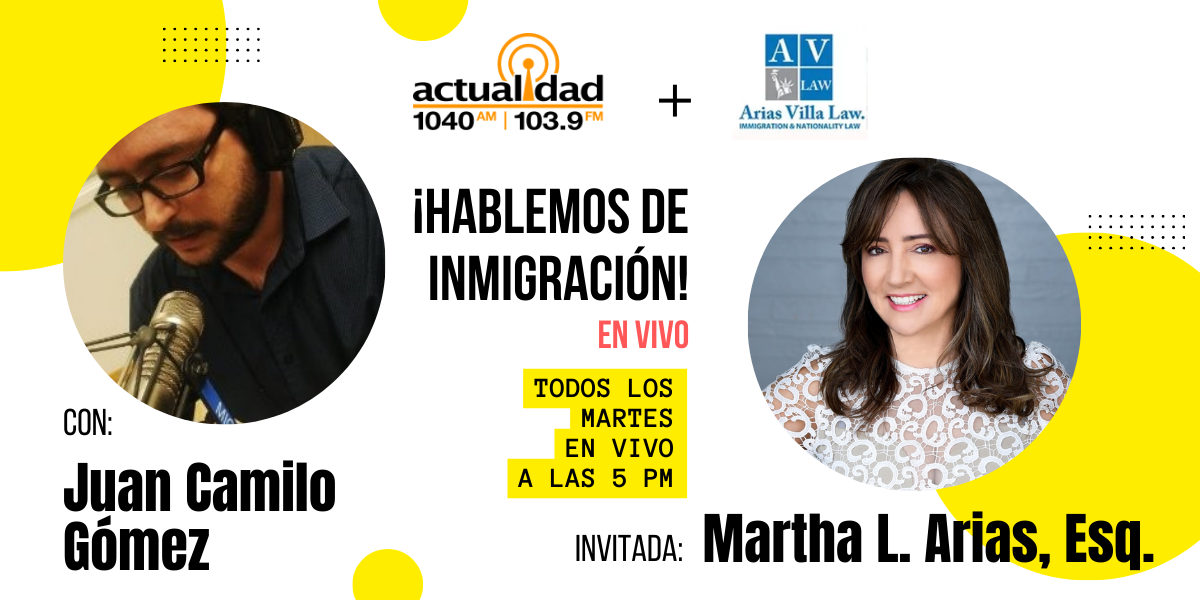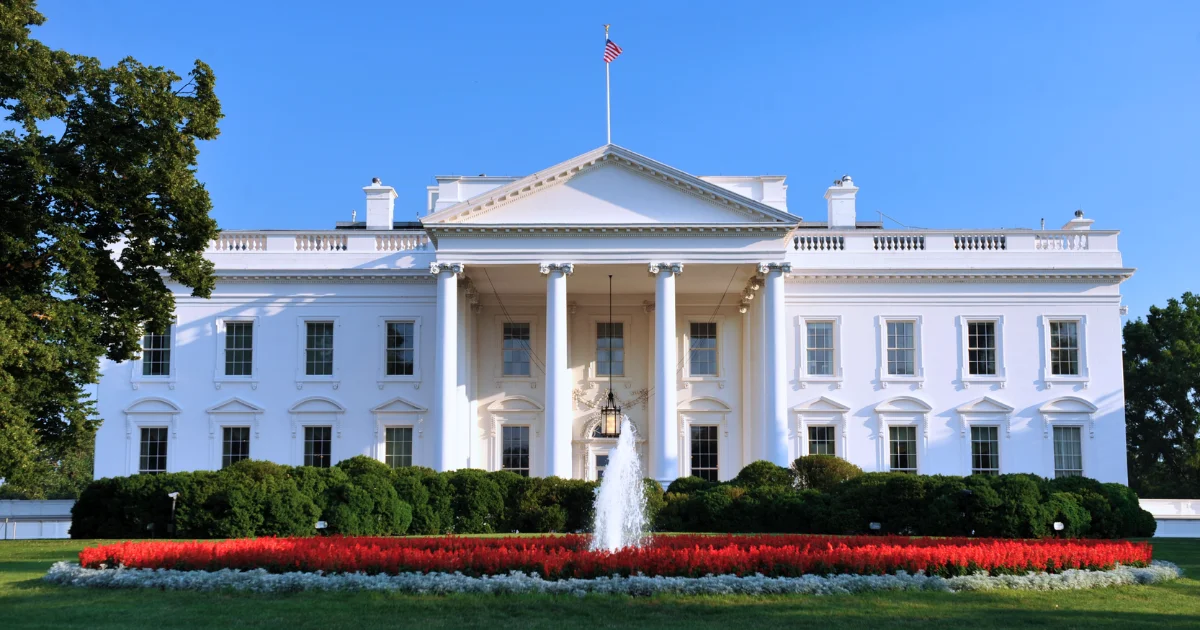In a landmark move aimed at broadening healthcare access, the U.S. government has issued a final rule that clarifies eligibility requirements for key health insurance programs. This rule updates the definitions used to determine if someone qualifies for health coverage through Qualified Health Plans (QHPs), the Basic Health Program (BHP), Medicaid, and the Children’s Health Insurance Program (CHIP). Set to take effect on November 1, 2024, this policy change will have a significant impact, particularly on Deferred Action for Childhood Arrivals (DACA) recipients and certain other noncitizens.
Expanding Definitions for Inclusion
The new rule explicitly includes DACA recipients and certain noncitizens in the definitions of “lawfully present.” This designation is crucial because it determines who is eligible to enroll in Qualified Health Plans (QHPs) through the Health Insurance Exchanges, receive financial aid through the Advance Payments of the Premium Tax Credit (APTC), and access the cost-saving measures known as Cost-Sharing Reductions (CSRs). It also applies to the Basic Health Program (BHP) in states that have opted to operate it.
Why This Matters
The updated definitions mean that a broader group of individuals will gain access to crucial health coverage. Specifically, many who previously couldn’t obtain health insurance due to their immigration status will now be considered eligible. This move is especially important for DACA recipients, often called “Dreamers,” who arrived in the U.S. as children and were previously excluded from many government healthcare benefits.
The new rule aligns healthcare access with the values of inclusion and equal opportunity. By recognizing the “lawfully present” status of these groups, the government acknowledges their significant role in society and the economy and aims to ensure they have adequate health protection.

Benefits for the Newly Eligible
For those who qualify under the new definitions, the benefits are considerable:
- Qualified Health Plans: They can enroll in QHPs via the Exchange, gaining access to comprehensive health insurance plans that meet federal standards.
- Financial Support: They will be eligible for the Advance Payments of the Premium Tax Credit (APTC) to lower their monthly premium costs and the Cost-Sharing Reductions (CSRs), which reduce out-of-pocket expenses like copays and deductibles.
- Basic Health Program: In states offering the BHP, newly eligible noncitizens will have access to more affordable health coverage.
Looking Forward
This change is a step toward closing the healthcare gap for underserved communities, particularly immigrant groups that have historically been marginalized in healthcare policy. The rule provides tangible support, ensuring that more people can access the care they need without undue financial burden.
As the November 1, 2024, implementation date approaches, stakeholders should spread awareness of these updates to maximize their positive impact. Community leaders, healthcare providers, and advocacy groups can play a vital role in helping eligible individuals understand their new healthcare options.
Overall, this new rule reflects a continued commitment to inclusive healthcare and offers hope to those who have long been excluded. It is an affirmation that everyone deserves access to health services that enable them to lead healthier, more secure lives.
Conclusion
The finalized rule represents a crucial victory for healthcare inclusivity, providing more equitable access to crucial health insurance programs. By updating definitions and expanding eligibility, it ensures that more people, including DACA recipients and other noncitizens, will gain access to quality, affordable health coverage.
 Do you have questions about new health benefits for immigrants in the U.S.? Our team is here to help you understand how these changes impact you and your loved ones. Reach out to Martha Arias’ practice today for expert guidance on navigating these new rules and finding the health insurance options that best meet your needs.
Do you have questions about new health benefits for immigrants in the U.S.? Our team is here to help you understand how these changes impact you and your loved ones. Reach out to Martha Arias’ practice today for expert guidance on navigating these new rules and finding the health insurance options that best meet your needs.










